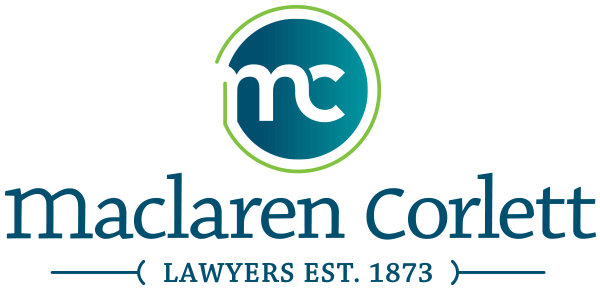Advertising – Can they really say that?! Advertising self-regulation in Canada – Part 2
As I discussed in my last blog, the Canadian Code of Advertising Standards (the “Code”) sets out the criteria for acceptable advertising in Canada. The Code is administered by Advertising Standards Canada (ASC) which is the self-regulatory body for Canadian advertisers.
The Code has a complaint procedure for both consumers and advertisers who allege that an advertisement is violating one or more clauses of the Code. I will deal with each of these procedures in subsequent blogs. Before a commercial is broadcast however, it must be pre-cleared by ASC if it is advertising a product that falls into one of the five regulated categories: alcoholic beverages; children’s advertising; consumer drugs and natural health products; cosmetics; or food and non-alcoholic beverages.
Pre-clearance of advertising for products in these categories has been delegated by Health Canada to independent agencies, with ASC being the primary clearance body in some categories, the only one in others. As a condition of their license, broadcasters may only air commercials that have received a pre-clearance number.
Alcohol
ASC Clearance Services reviews alcoholic beverage broadcast advertising to ensure compliance with the Canadian Radio-television and Telecommunications Commission Code for Broadcast Advertising of Alcoholic Beverages (CRTC Code). They can also provide review services for broadcast, print and out-of-home advertising to ensure compliance with the Ontario AGCO Liquor Advertising Guidelines and for British Columbia under the CRTC Code.
Children
ASC’s Children Clearance Committee, which is comprised of both industry and public representatives, reviews every finished commercial and must approve it before it can be aired. It is important to note that in the case of advertising to children, approval is given only to the FINISHED commercial, rather than simply a script or storyboard. Approvals are valid for one year and are based on a review by the committee to ensure compliance with The Broadcast Code for Advertising to Children (Children’s Code). The Children’s Code is published by ASC, and endorsed by the CRTC.
Consumer Drugs and Natural Health Products
ASC Clearance Services reviews broadcast advertising of consumer-directed nonprescription drugs as well as natural health product advertising and prescription drug direct-to-consumer-advertising (DTCA) and direct-to-consumer-information (DTCI). Their review is done to assess compliance with Health Canada regulations. There have been many Guidance documents and policies written by Health Canada and by ASC with regard to the advertising of Consumer Drugs and Natural Health Products; ASC’s website contains a library with links to many of them. One guideline in particular, the Consumer Advertising Guidelines for Marketed Health Products is currently being updated by ASC, in consultation with Health Canada and stakeholders, to broaden its scope to encompass guidance for consumer-directed advertising of vaccines and medical devices as well as non-prescription drugs and natural health products.
Cosmetics
ASC Clearance Services reviews cosmetic broadcast advertising copy to ensure compliance with the Guidelines for the Nonprescription and Cosmetic Industry Regarding Non-therapeutic Advertising and Labelling Claims. These Guidelines are periodically updated and were most recently amended following consultations with a committee comprised of Health Canada, trade associations on behalf of industry and also the public.
Food and Non-alcoholic Beverage
ASC Clearance Services reviews food and non-alcoholic broadcast advertising copy to ensure compliance with The Food and Drugs Act and Regulations and the Canadian Food Inspection Agency’s Food Labelling for Industry (CFIA Industry Labelling Tool).
It is important to have an experienced advertising and marketing lawyer review your campaigns prior to their submission to ASC, and also during the development stages as well. This will make the pre-clearance process go more smoothly, and will also generally be more time and cost-efficient as any compliance issues can be addressed before the creative development process is too far along. Additionally, while their involvement is required, ASC review does not take the place of legal review, and in some instances discussions with ASC and your lawyer prior to or after submission of copy can be of assistance in ensuring that pre-clearance is achieved.



